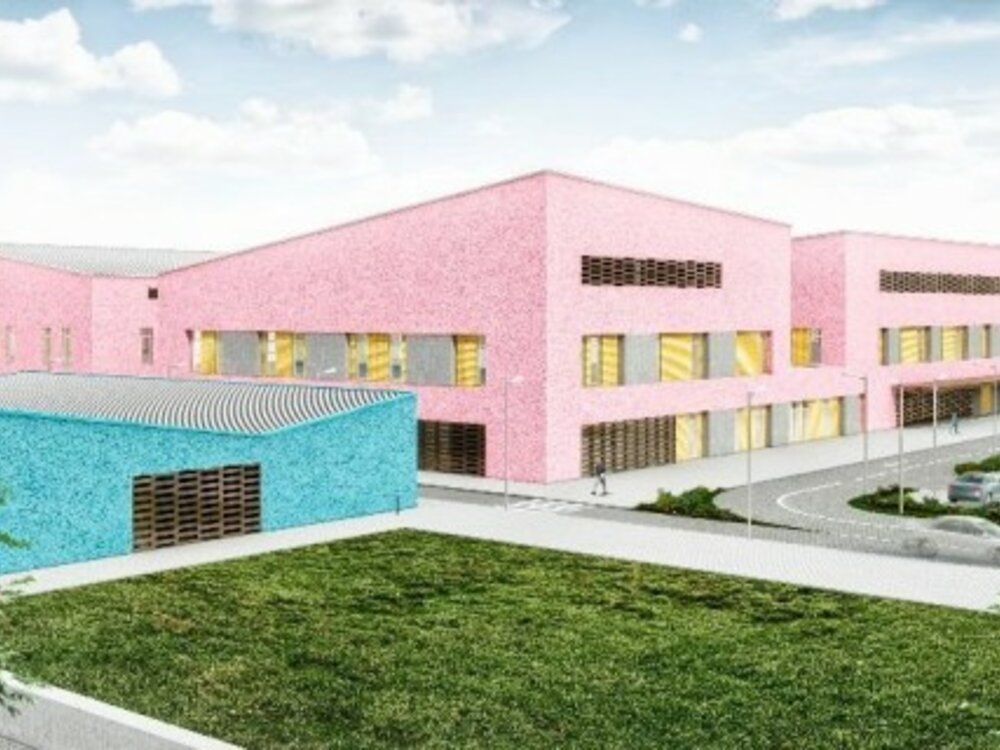Hospital infrastructure in Chinandega, Nicaragua to be modernized with CABEI funds

CABEI responds to the hospital infrastructure emergency in Chinandega, Nicaragua with non-reimbursable cooperation of up to US$17 million and a US$34.8 million loan.
Tegucigalpa, October 8 and August 26, 2014.- The Board of Directors of the Central American Bank for Economic Integration (CABEI) approved US$17 million in non-reimbursable financial cooperation to the Nicaraguan government from the Special Fund for the Social Transformation of Central America (FETS, Spanish acronym) to attend the hospital infrastructure emergency in the Department of Chinandega.
The donation will partially finance the construction of the Chinandega Departmental Hospital, whose total cost amounts to US$99.8 million.
Currently, the two existing hospitals in Chinandega, Hospital Mauricio Adbalá and Hospital España, are unable to meet the inhabitant’s healthcare demands as a result of limited human and financial resources and a growing demand for specialized healthcare services. The earthquake that occurred in April of this year further damaged the outdated infrastructure which had been significantly deteriorating with the passage of the years.
The CABEI financing, together with a loan from the Kuwait Fund and Nicaraguan government funds, will benefit the approximately 427,000 inhabitants of Chinandega. The new hospital will have a capacity of 300 beds, 45 reserve beds, 86 inpatient beds, 8 operating rooms, 10 post-operation recovery rooms, 31 clinics, 16 outpatient examination rooms and 12 rooms for patients with renal insufficiency.
Through this FETS development initiative, CABEI continues to support projects that are consistent with its Institutional Strategy "Competitiveness with Integration and Social Development," specifically through the Focus Area of Human Development and Social infrastructure in its Social Development axis.
With this donation FETS is fulfilling its primary objective: to provide concessional financing for projects that help improve the quality of life of the beneficiary population, in this case the inhabitants of the Department of Chinandega in Nicaragua.







